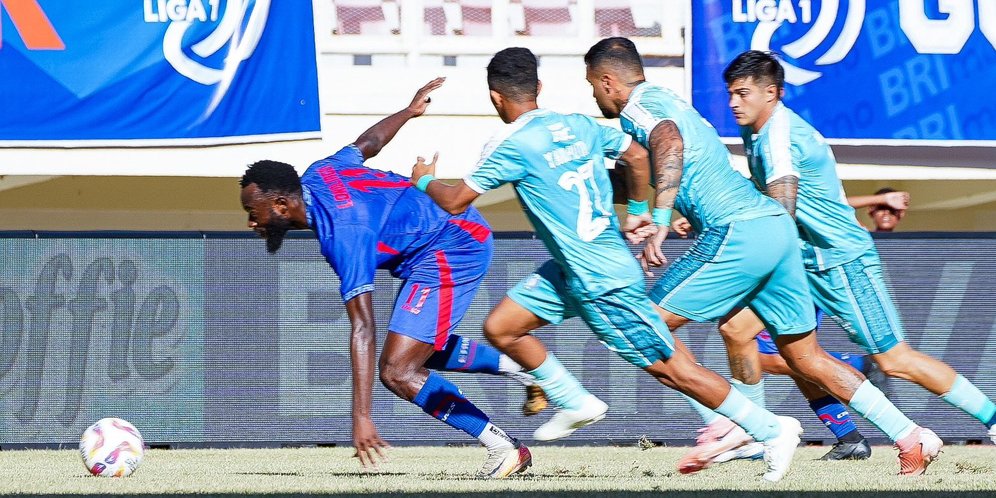Edy Rahmayadi, the chairman of the Indonesian Football Association (PSSI), recently made headlines by raising concerns about the naturalization program in Indonesian football. He highlighted the fact that Indonesia has a population of 278 million people, which should provide a sufficient talent pool for the national team without the need for naturalized players.
The naturalization program allows foreign-born players to acquire Indonesian citizenship and represent the country in international competitions. While this program has been successful in some cases, Rahmayadi believes that it should be used sparingly and only when absolutely necessary.
Indonesia is a diverse nation with a rich footballing history. It boasts a passionate fan base and has produced talented players who have excelled both domestically and internationally. With a population as large as Indonesia’s, it is reasonable to assume that there is an abundance of untapped talent waiting to be discovered.
However, Rahmayadi’s concerns are not unfounded. In recent years, there has been a trend of naturalized players being brought in to strengthen the national team. While these players may have the necessary skills and experience, some argue that their presence may hinder the development of homegrown talent.
It is crucial to strike a balance between utilizing naturalized players and nurturing local talent. Naturalization should not be seen as a quick fix to strengthen the national team but rather as a supplementary option when local talent is lacking in a particular position.
Developing the grassroots level of football in Indonesia should be a top priority. This involves investing in youth academies, improving coaching standards, and creating more opportunities for young players to showcase their skills. By doing so, the PSSI can tap into the vast pool of potential talent that exists within the country.
Furthermore, the PSSI should focus on providing better infrastructure and resources for football development across the nation. This will enable talented players from remote areas to have equal opportunities to showcase their abilities and be scouted by professional clubs.
While naturalized players can bring a new dimension to the national team, it is crucial to ensure that they do not overshadow the local talent. The success of the national team should not solely rely on the contributions of naturalized players but should be a collective effort that represents the diverse talent pool within Indonesia.
In conclusion, Edy Rahmayadi’s concerns about the naturalization program in Indonesian football highlight the need to prioritize the development of local talent. With a population of 278 million, Indonesia has the potential to produce world-class footballers. By investing in grassroots development and providing equal opportunities for all, the PSSI can build a strong national team that represents the true spirit of Indonesian football.





